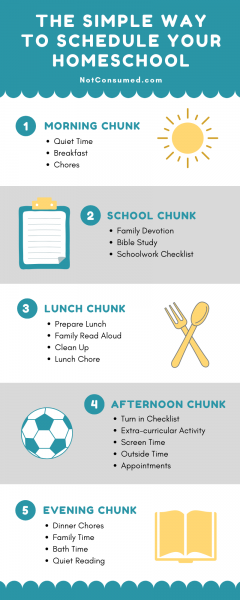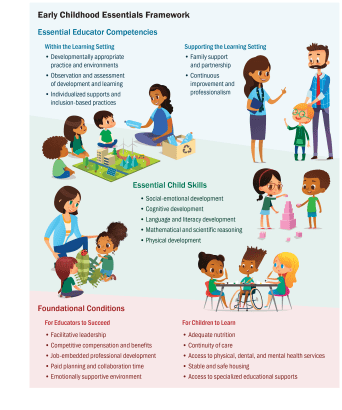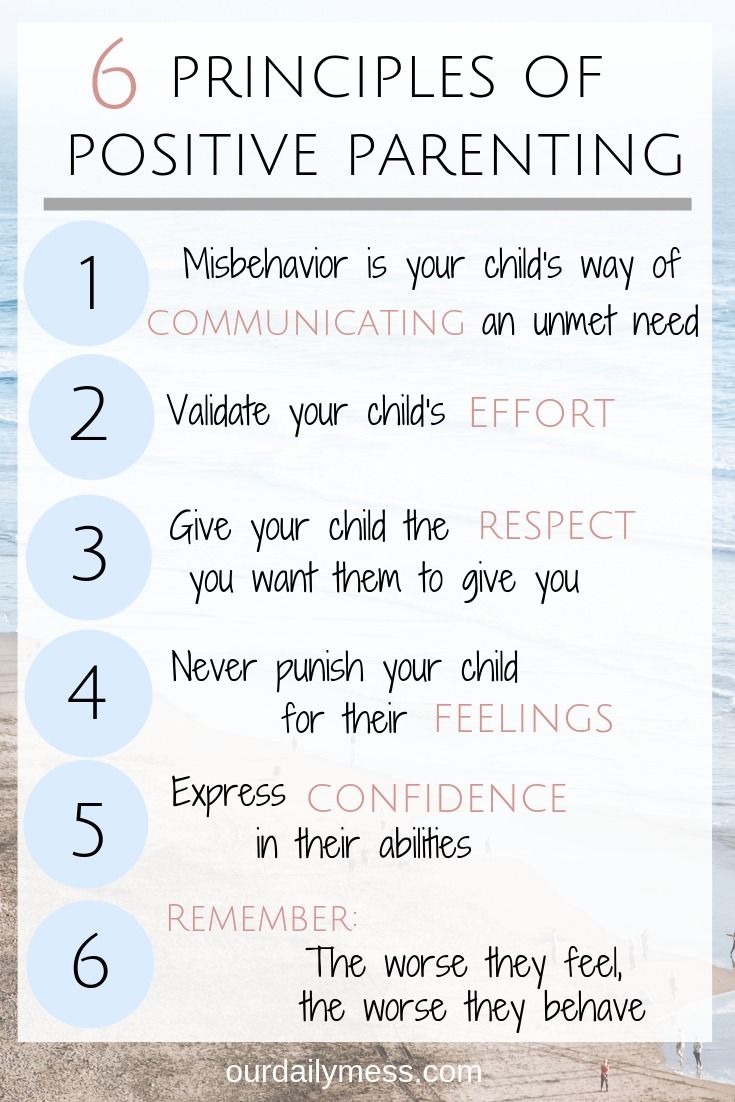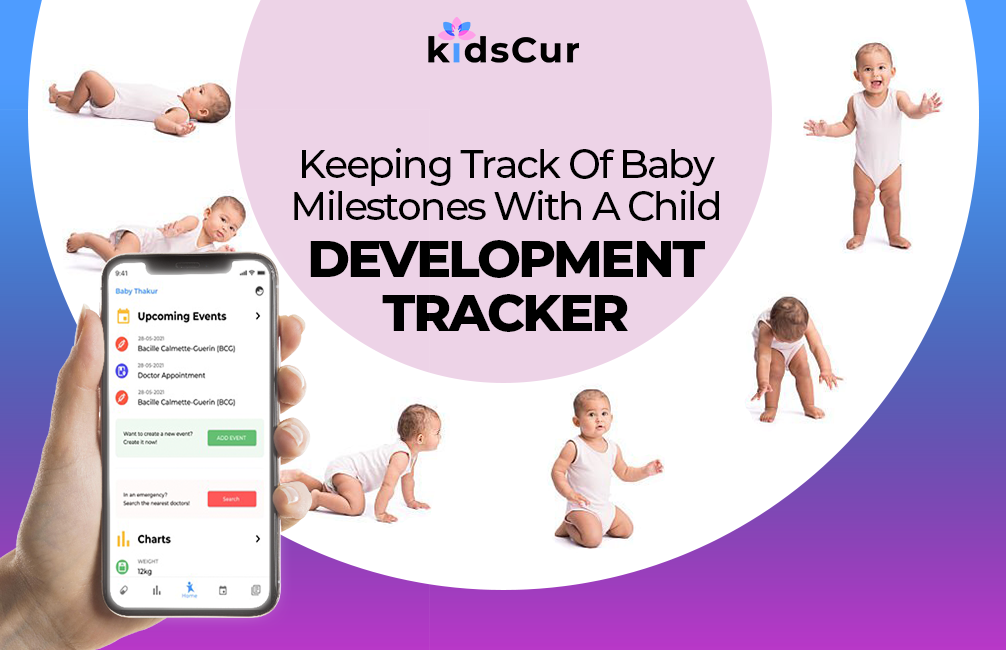Parenting is one of the most important and challenging responsibilities anyone can undertake. There are various parenting styles, each with its own set of pros and cons. In this blog post, we will explore the advantages and disadvantages of different parenting styles. Understanding these different approaches can help parents make informed decisions and choose the style that aligns best with their values and goals. Let us dive into the world of parenting and discover the benefits and drawbacks of each style.
1. Authoritarian Parenting:
As an authoritarian parent, you establish strict rules and high expectations for your child. The pros of this style include discipline, structure, and clear boundaries. Children raised in this environment often understand the consequences of their actions. However, the con is that it may result in a lack of independence, creativity, and lower self-esteem for the child.
2. Permissive Parenting:
Permissive parenting is characterized by a laid-back attitude and a lack of structure or rules. The benefit of this style is that it promotes independence and creativity. Children raised in this manner are often allowed to explore and make decisions for themselves. On the downside, permissive parenting may lead to a sense of entitlement, lack of discipline, and difficulty following rules.
3. Authoritative Parenting:
Authoritative parenting strikes a balance between strictness and flexibility. It provides clear rules and expectations while also allowing for open communication and individuality. The pros of this style include fostering independence, self-discipline, and a positive parent-child relationship. However, there can be a challenge in finding the right balance, and it may require more effort and time from the parent.
4. Uninvolved Parenting:
Uninvolved parenting, as the name suggests, is characterized by a lack of emotional involvement and attention. The potential benefit is that it encourages independence and self-reliance. However, the cons are numerous and severe. Children raised in an uninvolved environment can experience emotional neglect, lack of guidance, and difficulty forming healthy relationships.
5. Attachment Parenting:
Attachment parenting emphasizes creating strong emotional bonds between parent and child. Proponents of this style believe in responding promptly to a child’s needs and providing constant physical closeness. The benefits include promoting secure attachment, building trust, and nurturing emotional intelligence. However, it may be challenging for some parents to maintain the high level of physical and emotional availability required.
6. Gentle Parenting:
Gentle parenting focuses on empathy, understanding, and respect for the child. It avoids punishments and rewards, instead opting for positive discipline techniques. The advantages include fostering a strong parent-child relationship, teaching problem-solving skills, and encouraging empathy in children. However, the potential downside is that it can be time-consuming and require a lot of patience and self-control from the parent.
In conclusion, there is no one-size-fits-all approach to parenting. Each parenting style has its own set of advantages and drawbacks. It is crucial for parents to assess their own values, their child’s needs, and the demands of their lifestyle when choosing a parenting style. Remember that parenting is a journey of learning and adjustments. Being open to adapting your parenting style as your child grows and changes can help create a nurturing and supportive environment for their overall development and well-being.











